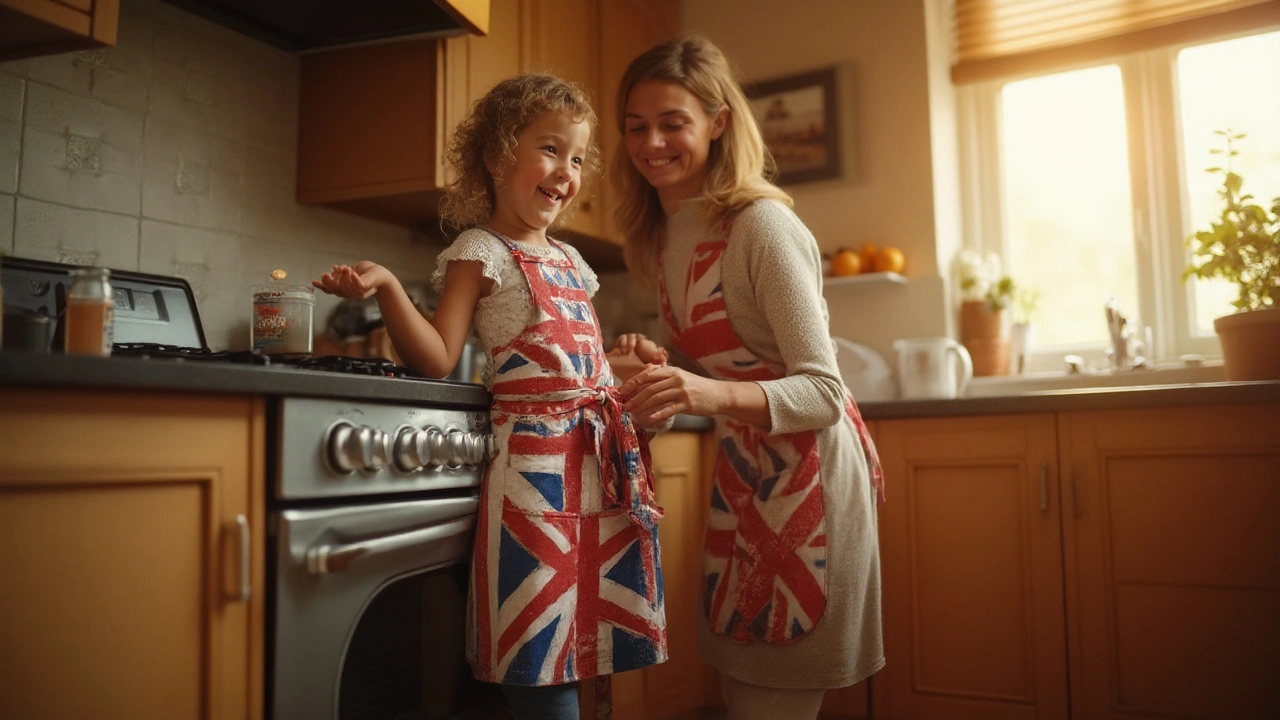Natural Cleaner Guide: Simple Eco‑Friendly Recipes
Want a clean home without harsh chemicals? Natural cleaners are cheap, safe, and work well on most surfaces. All you need are a few kitchen staples and a bit of time. Let’s skip the store‑bought stuff and make something you can trust.
First, why go natural? Traditional cleaners can irritate skin, eyes, and lungs. They also pollute water when they go down the drain. Natural cleaners use ingredients that break down quickly and don’t leave harmful residues. You’ll feel better using them around kids and pets, and you’ll help the environment a little.
Everyday Recipes You Can Make Today
All‑purpose spray: Mix 1 cup water, 1 cup white vinegar, and 10 drops lemon essential oil (optional). Put it in a spray bottle and clean counters, sinks, and tiles. Vinegar cuts grease and kills many germs. The lemon adds a fresh scent.
Bathroom grime remover: Combine ½ cup baking soda with enough liquid cast‑soap to form a paste. Apply to shower tiles, tubs, or toilet bowls. Let it sit for 10 minutes, scrub, and rinse. Baking soda lifts soap scum without scratching surfaces.
Wood polish: Mix 2 parts olive oil with 1 part lemon juice. Dab a soft cloth in the blend and rub onto wooden furniture. It adds shine and protects the wood. Wipe off any excess so the surface doesn’t feel greasy.
Stain fighter for fabrics: Blend 1 part hydrogen peroxide, 1 part water, and a splash of dish soap. Spray on fresh spills, let it sit a few minutes, then blot. Test on a hidden spot first. This mix lifts stains without harsh bleach.
How to Choose the Right Natural Cleaner for Each Surface
Not every natural mix works on every material. For stone countertops, avoid vinegar because the acid can etch the surface. Stick to a mild dish‑soap and water solution instead. For laminate floors, a few drops of mild soap in warm water is enough; too much water can seep into seams and cause swelling.
When cleaning upholstery, start with a dry brush to remove loose dirt. Then use a small amount of the fabric‑safe baking‑soda paste, gently work it in, and vacuum once dry. If you’re unsure, always check the care label or do a spot test in an inconspicuous area.
Remember to label your bottles with the recipe and date. Natural mixes don’t have preservatives, so it’s best to make small batches that you’ll use within a month. Store them out of direct sunlight to keep the ingredients stable.
Switching to natural cleaners can feel like a big change, but you’ll quickly see the benefits: fewer chemicals, lower costs, and a home that smells fresh without synthetic fragrances. Grab a bottle of white vinegar, a box of baking soda, and start mixing—your house (and the planet) will thank you.

Baking Soda and Vinegar for Oven Door Glass: Safe Cleaning Hacks You Need
Wondering if you can use baking soda and vinegar on oven door glass? Discover the facts, step-by-step tips, and safety tricks to get sparkling results without harsh chemicals.
Read More